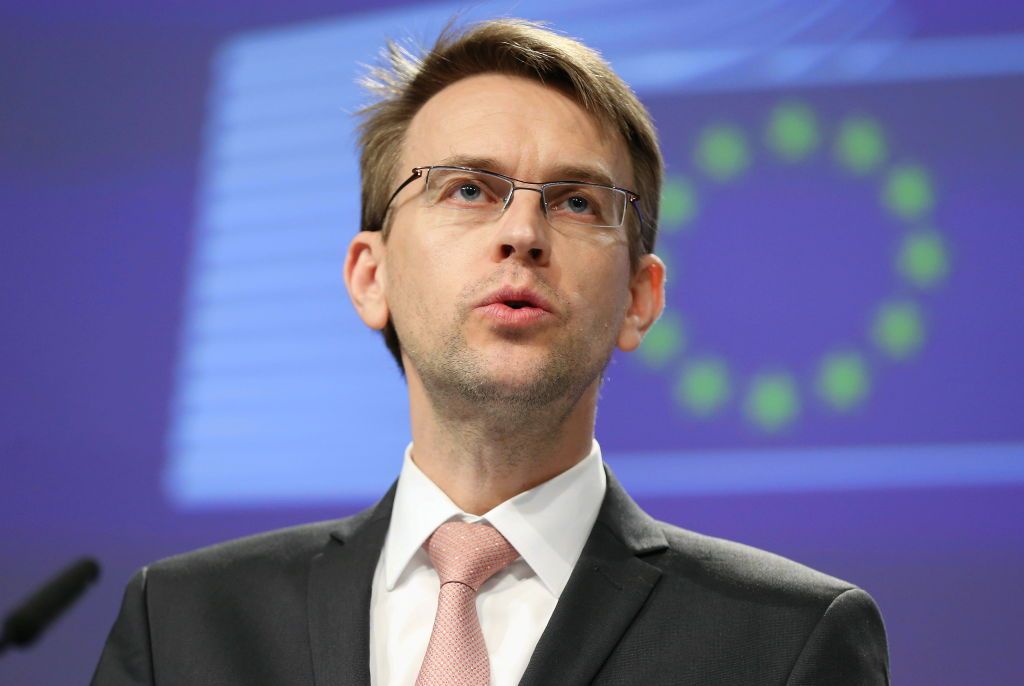Russia-linked disinformation campaign spreads false claims about Tim Walz, US intelligence officials say

Russian disinformation groups have been linked to viral attacks targeting Democratic vice presidential candidate Tim Walz, U.S. intelligence sources said on Oct. 22.
Walz has served as governor of Minnesota since 2019 after spending 12 years in Congress. He is an army veteran, having enlisted in the National Guard as a teenager and serving for another 24 years. Walz was also a high school teacher before entering politics.
The false content that was spread, which includes baseless claims about Walz’s past as a teacher, was found to have several signs of manipulation.
Analysts connected the disinformation to Russian operations aimed at undermining the Democratic ticket of Kamala Harris and Tim Walz.
Private researchers had already flagged these videos as fake, with one particularly false claim involving a man impersonating a former student of Walz's to accuse him of misconduct.
Since the start of the full-scale invasion, Walz has been a vocal advocate for Ukraine in its fight against Russia, signing legislation barring state agencies from doing business with Russian and Belarusian companies.
His state, Minnesota, is also home to weapons manufacturers that supply arms critical for Ukraine’s defense.
Walz previously met President Volodymyr Zelensky in 2023 in a conversation organized by the National Governors Association.
"It was an honor to hear from President Zelensky firsthand and offer him our unwavering support," Walz said at the time.
"Minnesota is a proud home to many Ukrainian families, and we will continue to welcome and support Ukrainian refugees in our state."
U.S. intelligence officials report that Russia continues to actively run influence campaigns aimed at boosting former President and Republican nominee Donald Trump.
According to the U.S. National Security Council spokesperson John Kirby, Russia’s meddling in the U.S. presidential elections is “more sophisticated” than before.
Kirby claims that Russia is using artificial intelligence and funding companies in the U.S., including Tennessee-based far-right propaganda outlet, Tenet Media.
“It's not just about Russian bots, trolls, and fake personas in social networks, although that's part of it too, but they've become much more sophisticated," Kirby said.










